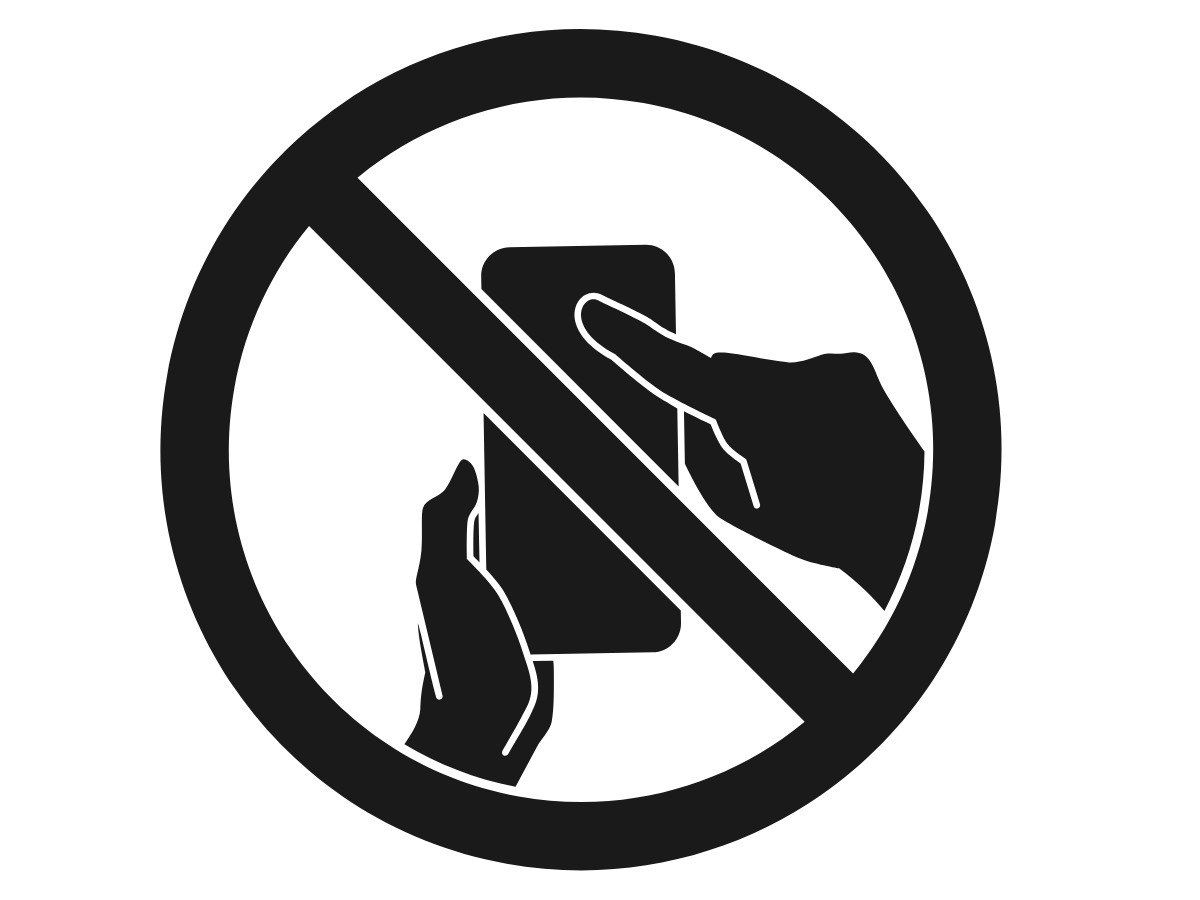The Palaszczuk Government in partnership with Family Matters Queensland is continuing to deliver on its priorities with the release today (Monday) of a second action plan to improve the lives of vulnerable Queensland Aboriginal and Torres Strait Islander children and families.
Minister for Child Safety Di Farmer said the Changing Tracks Action Plan is the second in a series designed to create a system that recognises and builds on the strengths and resilience of Aboriginal and Torres Strait Islander families, communities and culture.
“While most Aboriginal and Torres Strait Islander children in Queensland grow up safe and cared for in their families and communities, there are way too many caught up in the child protection system and we want to drive down that disproportionate rate,” she said.
“Aboriginal and Torres Strait Islander people themselves are best-placed to help ensure children grow up safe, loved and cared for in family, community and culture as so many do.
“I want Aboriginal and Torres Strait Islander people to know our priority is empowering them to make decisions they know are in the best interest of vulnerable children and young people.
“The principle of self-determination is firmly embedded in the 20-year Our Way strategy, a major reform developed in partnership with Family Matters Queensland.
“I thank Family Matters Queensland and the many community organisations involved for continuing to work with government to bring the second action plan to fruition.”
Ms Farmer also thanked the Queensland First Children and Families Board who have played an important and independent role in child protection reforms.
Co-Chair of Family Matters Queensland Rachel Atkinson said Changing Tracks 2020-2022 showed that change could only happen when Aboriginal and Torres Strait Islander people were involved in the decision-making.
“It is only through involvement in the total control of these decisions will we see self-determination,” she said.
“Family Matters is doing this with Changing Tracks as it pushes to reduce the number of children in state care.”
Ms Farmer said a measure of change made in the three years since the release of the joint Our Way strategy was Queensland recording the lowest reported rate of over-representation in out of home care nationally, as recorded in the national Family Matters Report 2019.
“For the seventh consecutive quarter the proportion of children in care who are Aboriginal and Torres Strait Islander has remained relatively steady,” she said.
“This is a reversal of the pre-reform trend of growing over-representation of Aboriginal and Torres Strait Islander children in the child protection system.”
Co-Chair of Family Matters Queensland Dr Gerald Featherstone attributed the drop in growth in of Aboriginal and Torres Strait Islander children over-representation in care as testament to the belief the government had in partnering with community, the sector, and community-controlled services.
“Our Aboriginal and Torres Strait Islander agencies are well placed to continue to support families, children and the community and this is the foundation of the four building blocks upon which the Our Way strategy is built,” he said.
“If we stay the course, we will be better together. This will achieve better outcomes for families and children.”
Changing Tracks outlines the path forward over the next three years, with five key priority areas.
“We will invest more in community-controlled Aboriginal and Torres Strait Islander organisations, so they have the workforce, resources and infrastructure they need,” Ms Farmer said.
“Decisions on the wellbeing of children at risk and those in the child protection system will be shifted from government to Aboriginal and Torres Strait Islander organisations.
“Those decisions will be family-led and embedded in all practice.
“We will hold ourselves and service providers to account for the safety and wellbeing of Aboriginal and Torres Strait Islander children and young people.”
Ms Farmer said the fifth priority was to develop and implement a Healing Strategy to address intergenerational trauma, grief and loss, violence and abuse.
“We must do all we can to understand the complex stories of pain experienced by Aboriginal and Torres Strait Islanders, so we are better able to stand together with the community to help recover from the crippling effects of trauma, grief, loss, violence and abuse over many generations.”






